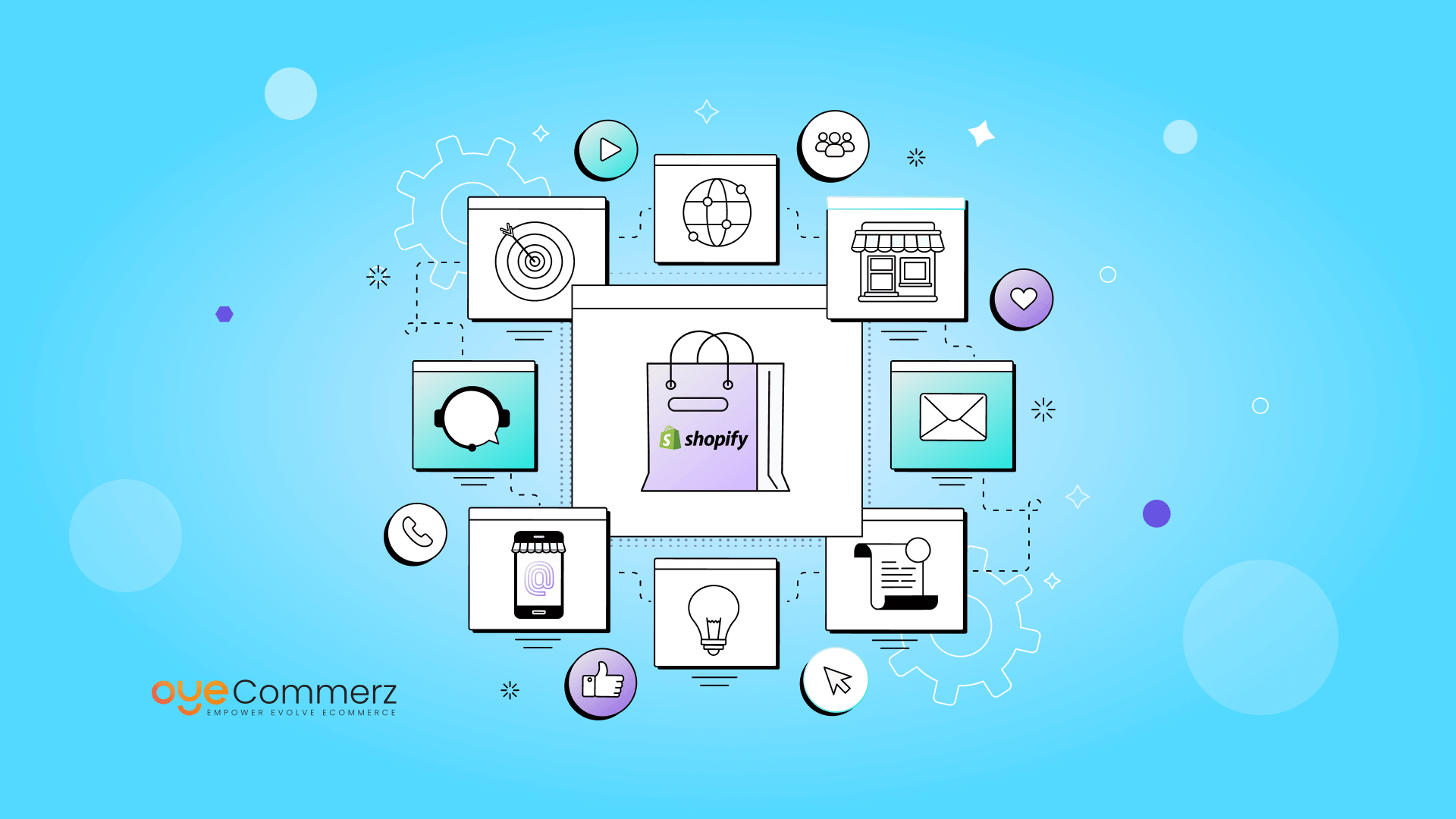Overview
In the current competitive e-commerce environment, differentiating is paramount, and a top method to differentiate a Shopify store is through tailored app development. A robust Shopify app can enhance store functionality, simplify processes, and elevate customer interaction. This guide delves into key aspects of Shopify app development, from API integration to growth techniques and digital marketing approaches, providing a roadmap for businesses looking for unmatched store efficiency.
The Importance of Shopify API Integration
Shopify’s API offers robust tools to customize and expand store capabilities. With the GraphQL and REST API options, developers can access data to build applications that manage inventory management, order processing, and customer data management smoothly. Integrating Shopify’s API can lead to better workflow automation and enables stores to serve customers more effectively.
Utilizing the Polaris Design System
Shopify’s Polaris is Shopify's design system for creating intuitive and accessible Shopify apps. By adhering to Polaris principles, developers guarantee that apps integrate smoothly within the Shopify Admin experience. This ensures a cohesive look and feel that resonates with Shopify merchants, encouraging usability and familiarity for merchants using your tailored app.
Understanding the Shopify App Ecosystem
The Shopify app ecosystem provides numerous opportunities for improving online stores. From managing fulfillment processes to increasing customer interaction, apps in this environment are tailored to meet diverse business needs. Learning about this ecosystem helps developers in identifying unique app opportunities and allows for smooth connections of third-party services that add value to the store.
Building Embedded Shopify Apps
Embedded apps work seamlessly within the Shopify Admin, providing a smooth interface for merchants. They allow merchants do not need to navigate away from their Shopify dashboard, simplifying their process. Employing Shopify App Bridge and embedded app capabilities is recommended for offering a cohesive, well-integrated user experience.
Leveraging Node.js and React for Shopify Development
The technologies Node.js and React have become top options for Shopify app development. This server-side framework enables high-performance back-end services, while React allows for interactive and adaptive front-end user interfaces. Combined, they provide an excellent framework for building fast, scalable Shopify apps that enhance store performance and customer engagement.
Webhooks in Shopify Apps
Webhooks allow real-time data synchronization between Shopify and an external app. They trigger events such as new orders or stock changes and send instant notifications to your app. By implementing webhooks, apps can provide up-to-date insights for store owners, streamlining workflows and boosting efficiency.
Customer Engagement and Digital Marketing for Shopify Apps
To ensure Shopify app success, engaging customers is key. Utilizing online marketing techniques like SEO, email marketing, and social media campaigns can drive app adoption. Additionally, designing apps with customer engagement in mind (e.g., loyalty programs or personalized suggestions) boosts user loyalty and loyalty.
Scaling Your Shopify App
As e-commerce stores expand, so do their technology requirements. Making sure that your app can scale to handle increased traffic, larger data sets, and more complex functionalities is critical. By improving server resources and using scalable technologies, you can develop apps that expand in parallel to a store’s growth.
Essential Features and Maintenance for Shopify Apps
For an app to be effective, it should offer key capabilities like user login, analytics dashboard, and customer support options. Regular app maintenance, including updates to fix bugs and ensuring compatibility with new Shopify functionalities, is important to ensure continuous operation and avoid interruptions to business processes.
Summary
Custom Shopify app development holds vast potential for e-commerce stores, offering the ability to improve store functionality, streamline processes, and foster customer loyalty. With API integrations and Custom solutions for Shopify growth Node.js to focusing on scalability and customer engagement, creating Shopify API integration a Shopify app requires thoughtful preparation and well-planned actions. If you’re ready to elevate your e-commerce experience, a custom Shopify app may be the perfect solution. What capabilities do you envision for your dream application? Share your ideas and begin the journey to an enhanced e-commerce experience!
